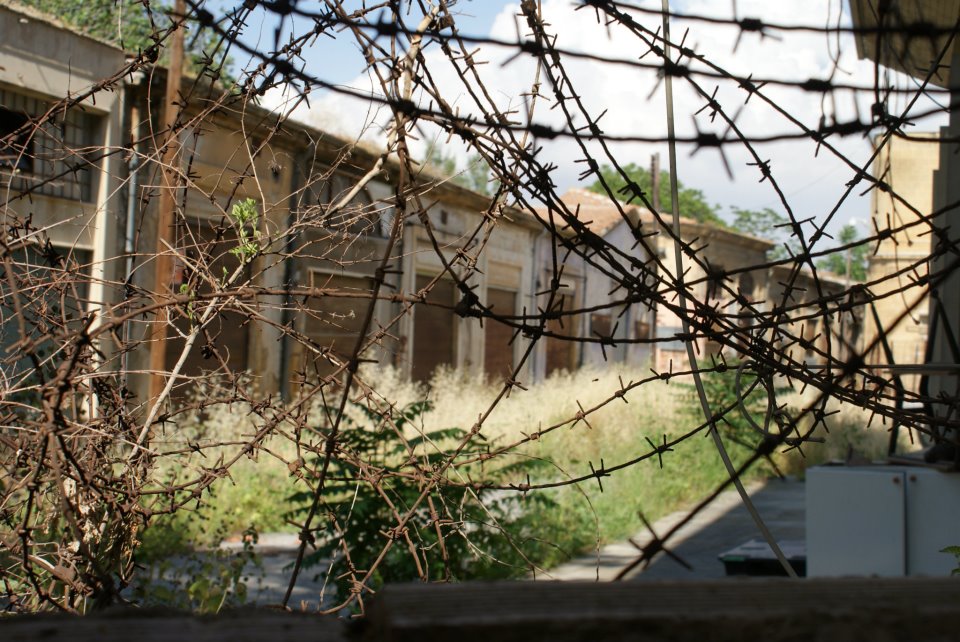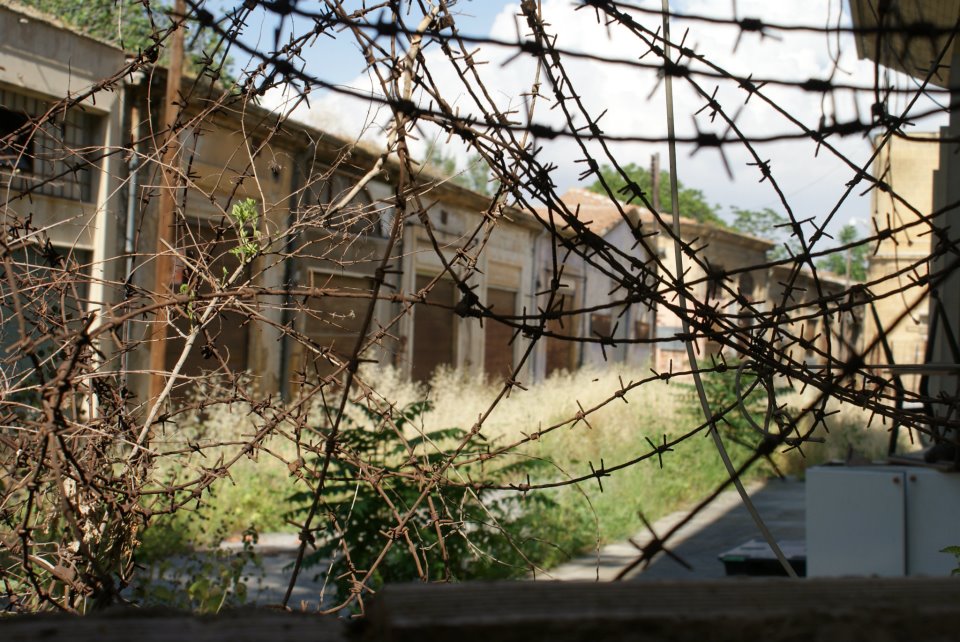
“Demilitarization: a precondition for a solution” by Stavri Kalopsidiotou, member of the Central Committee of AKEL, International Law expert and member of the Cyprus problem Office of AKEL
14th June 2015
 The recent statements of the Greek Cypriot negotiator about the need to change the goal of demilitarization provoke our deep concern. Unfortunately such references have been heard before, since they are often included in the public positions of officials and cadres of the Anastasiades government and the ruling DISY Rally party.
The recent statements of the Greek Cypriot negotiator about the need to change the goal of demilitarization provoke our deep concern. Unfortunately such references have been heard before, since they are often included in the public positions of officials and cadres of the Anastasiades government and the ruling DISY Rally party.
A brief historic review regarding the official positions of the Greek Cypriot side demonstrates that demilitarization has never been the goal only of the Left. In 1989 the goal of demilitarization was included in the unanimous decisions agreed by the National Council[1]. On 17th December 1993 Clerides[2] submitted to the UN Secretary-General a proposal for the demilitarization of Cyprus. In 2002 the current Foreign Minister also acknowledged in statements he issued that demilitarization constitutes an important parameter for the solution of the Cyprus problem. The National Council in its unanimous decisions approved in September 2009 reiterated precisely the same goal. In addition, the inclusion of the sought goal of demilitarization in numerous resolutions of the UN Security Council, such as for example in Resolution 1251 (1999) that was adopted during the Clerides/DISY administration, has often been registered as a success of the diplomatic efforts of the Cyprus government.
What has therefore changed that wasn’t before us in the past? What has changed since 2009 when all the parties supported a solution that would provide for and ensure demilitarization? In reality, nothing has changed. However, certain circles and forces are evidently exploiting the Cyprus problem in order to promote their reactionary views on the security issues. With the position of certain circles and forces against demilitarization being covered with a European disguise, it is being argued that Cyprus’ participation in the security and defense policy of the European Union presupposes the existence of an army, thus making demilitarization impossible. Nothing is further from the truth.
The EU does not need our army for its missions, namely the five of six soldiers attributable to us. Neither however is our participation in the so-called humanitarian missions, the few that are not carried out under the leadership of NATO, dependant on the existence of an army. In peacekeeping operations, search and rescue missions to provide assistance to affected areas by human-made and natural disasters the management of crises, the participation and co-synergy of the Republic of Cyprus can be safeguarded through doctors, functionaries and special technocrats.
However, why does this so obviously evident fact escape the attention and knowledge of all those invoking an EU obligation? Perhaps it is because they simply disagree with demilitarization, or it is because the expediency that is hidden behind the pretext in question concerning the perspective of Cyprus coupling with NATO through the establishment of NATO guarantees or even Cyprus’ future participation in NATO. However, once again, why are the ramifications of such positions so difficult to understand? That is to say, the result of the abandonment of the principle of demilitarization automatically paves the way for Turkey to assert through the solution the permanent presence of a significant number of its troops in Cyprus. Furthermore, any army in Cyprus will possibly be mixed with equal proportions, as well as a rotating Commander in Chief. Can we accept this perspective, bearing in mind the bitter experiences of the past?
Having said that, we insist on the importance of security for citizens and the need to overcome the real and psychological obstacle of insecurity created by the Turkish invasion and 41 years of military occupation, which can only be ensured through demilitarization. We are convinced that quite rightly no previous President of the Republic did abandon the position for demilitarization by accepting the existence of guarantor powers with sovereign rights to the detriment of the Cypriot people, or the existence of troops.
In conclusion, a warning. All those who are in a haste to abandon the long-standing position in favour of demilitarization, by flirting with membership of NATO, let them above all reflect on how they will solve the Cyprus problem without the support of a large section of the Cypriot people, which for sure will include the Left, but also many other thousands of Cypriots.
[1] Advisory body, primarily on the Cyprus problem, to the given President of the Republic composed of all the parliamentary political parties and former Presidents of the Republic. It was established by the late President Makarios after the coup d’état and subsequent Turkish invasion and occupation of Cyprus.
[2] Glafcos Clerides, former President of the Republic 1993-2003 and founder of the main right-wing and ruling DISY party.




